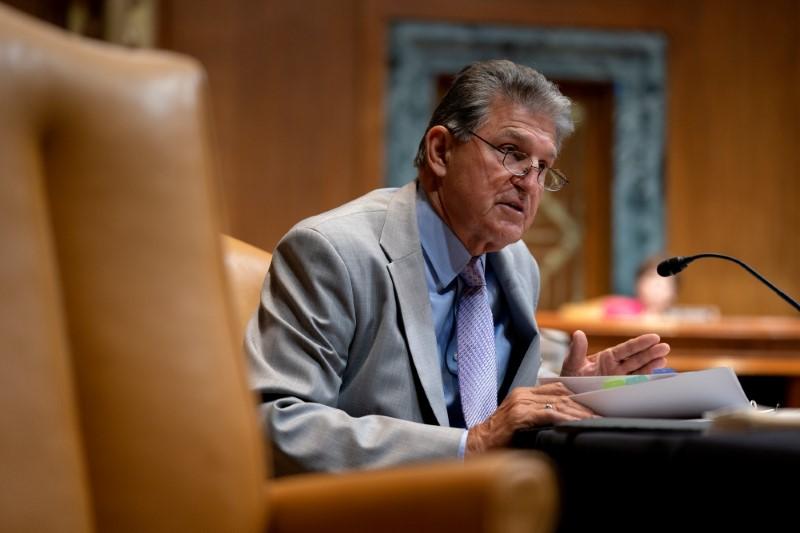Sen. Joe Manchin (D-W. Va.) called on President Joe Biden to relax rules against U.S. oil production which have left the nation heavily dependent on Middle Eastern and Russian oil. Even after the invasion of Ukraine, which the president has condemned, the United States has continued to buy around 500,000 barrels of Russian oil per day.
“The entire world is watching as [Russian President] Vladimir Putin uses energy as a weapon in an attempt to extort and coerce our European allies,” Manchin said in a statement. “While Americans decry what is happening in Ukraine, the United States continues to allow the import of more than half a million barrels per day of crude oil and other petroleum products from Russia during this time of war. This makes no sense at all and represents a clear and present danger to our nation’s energy security.”





